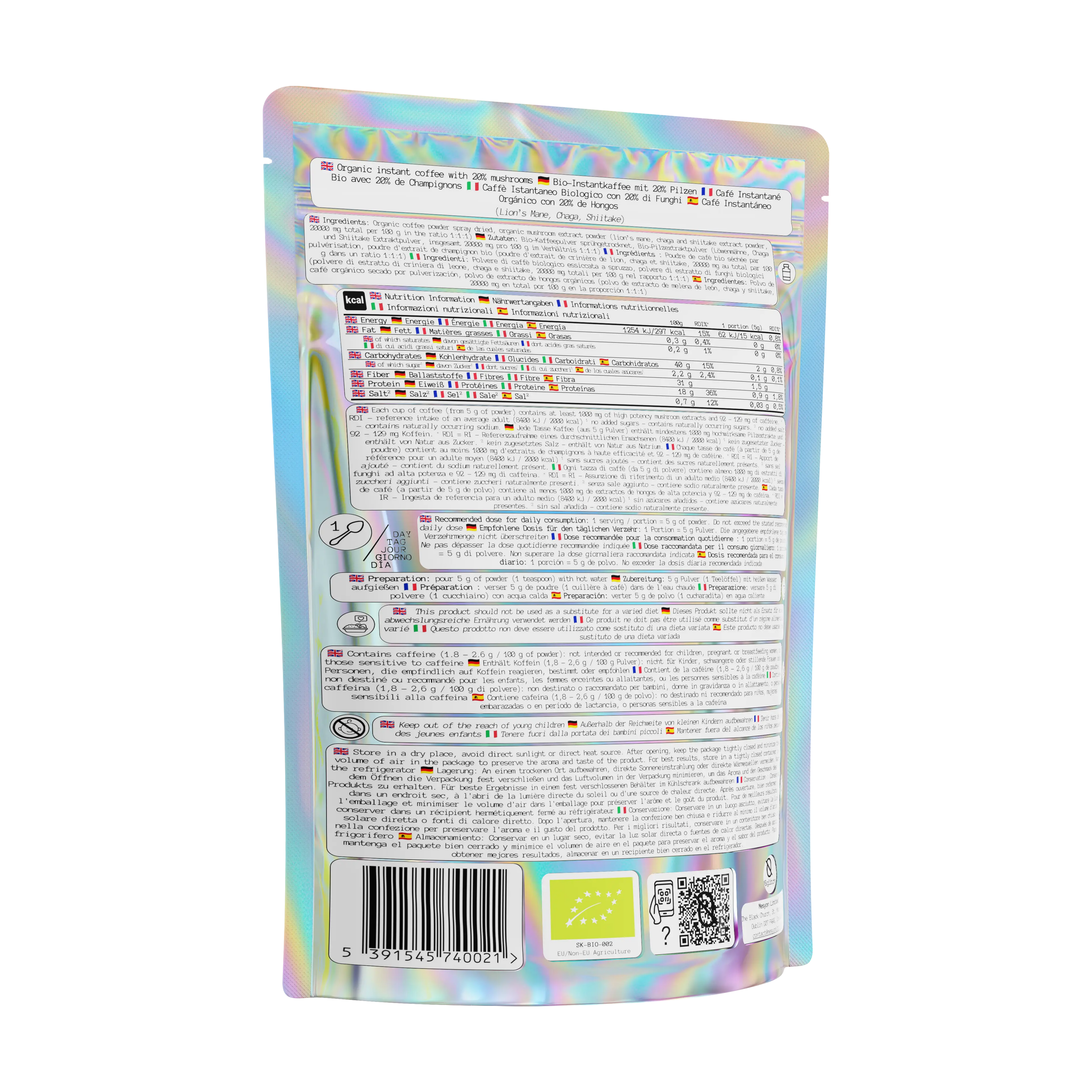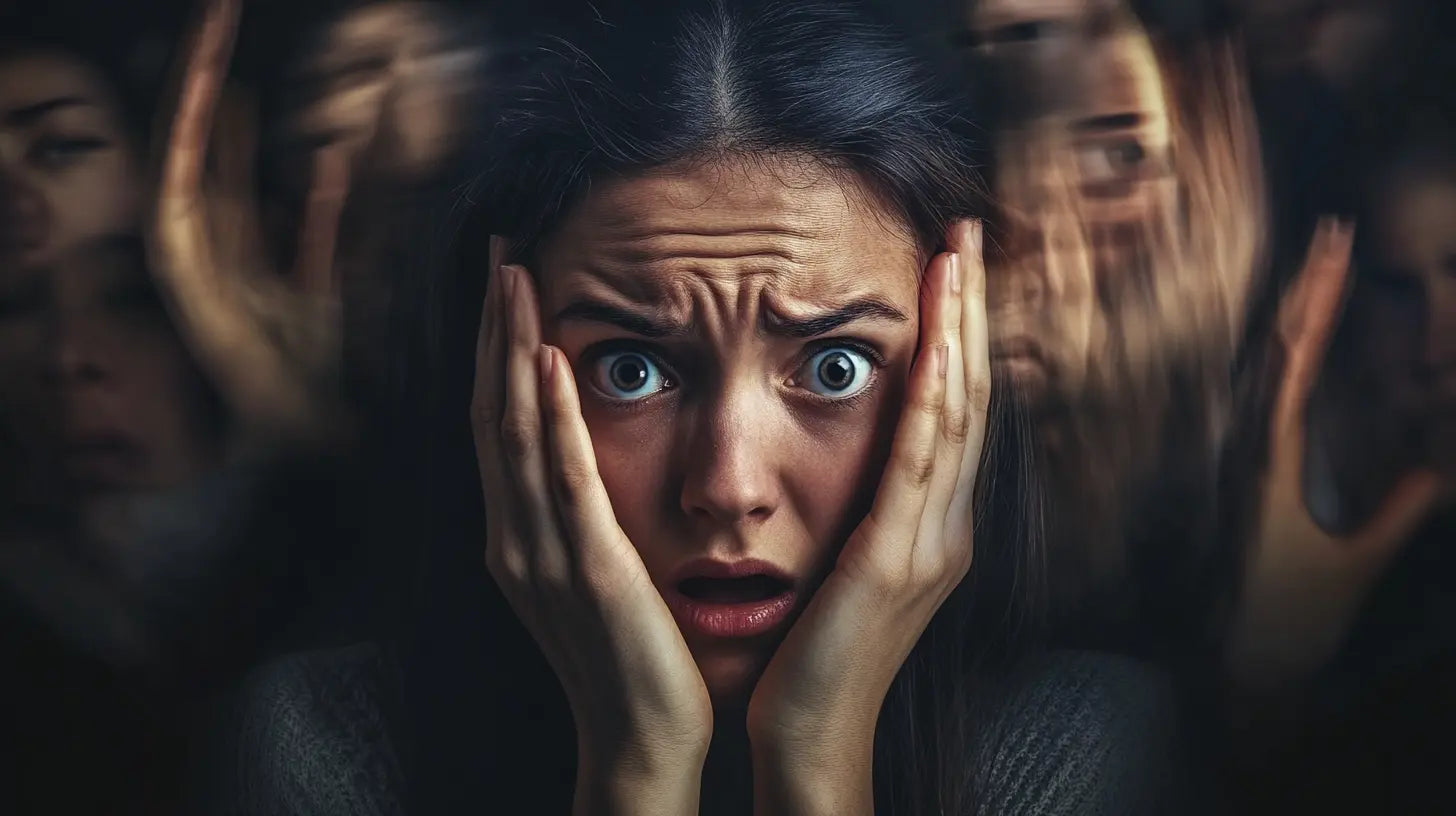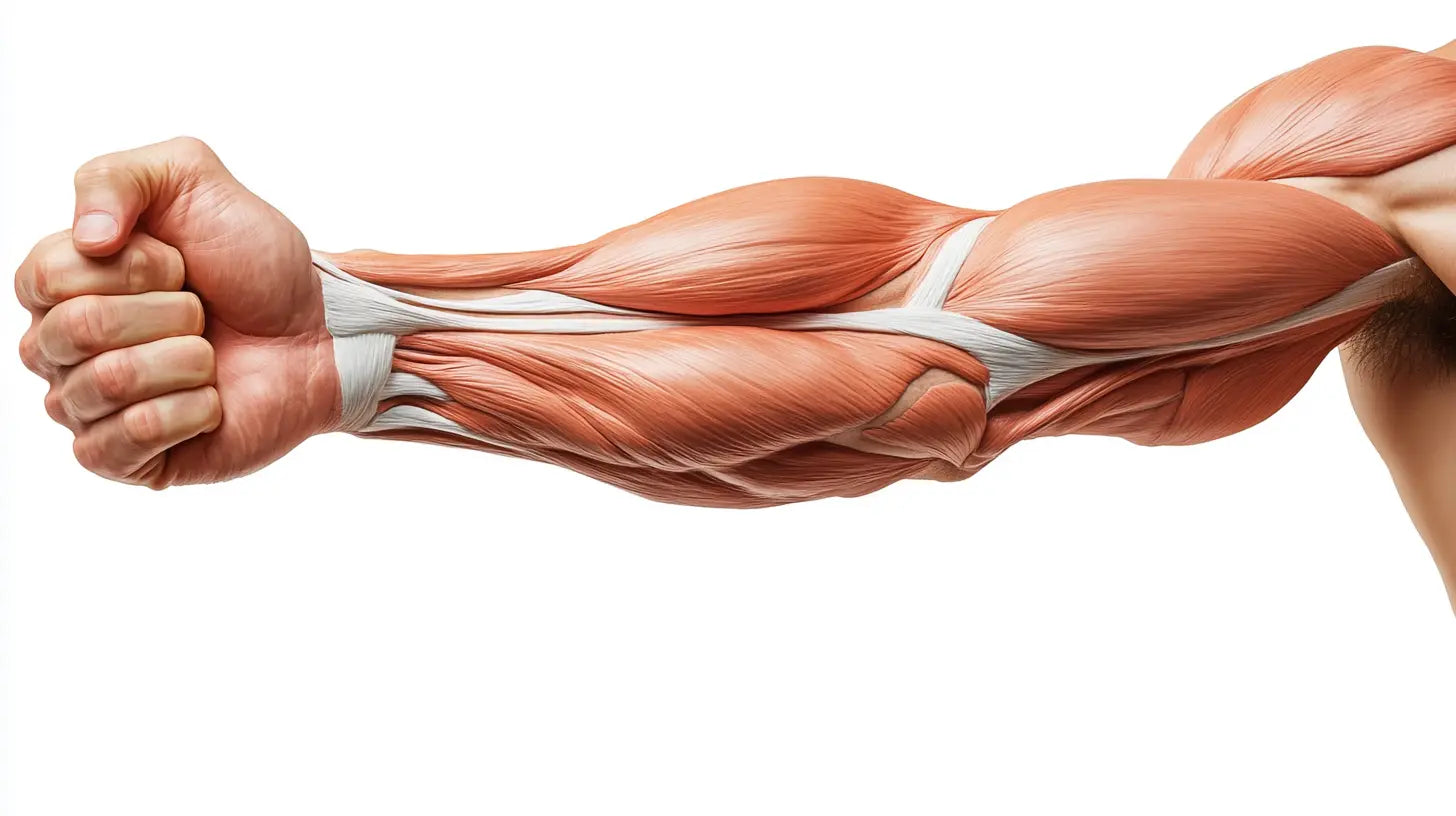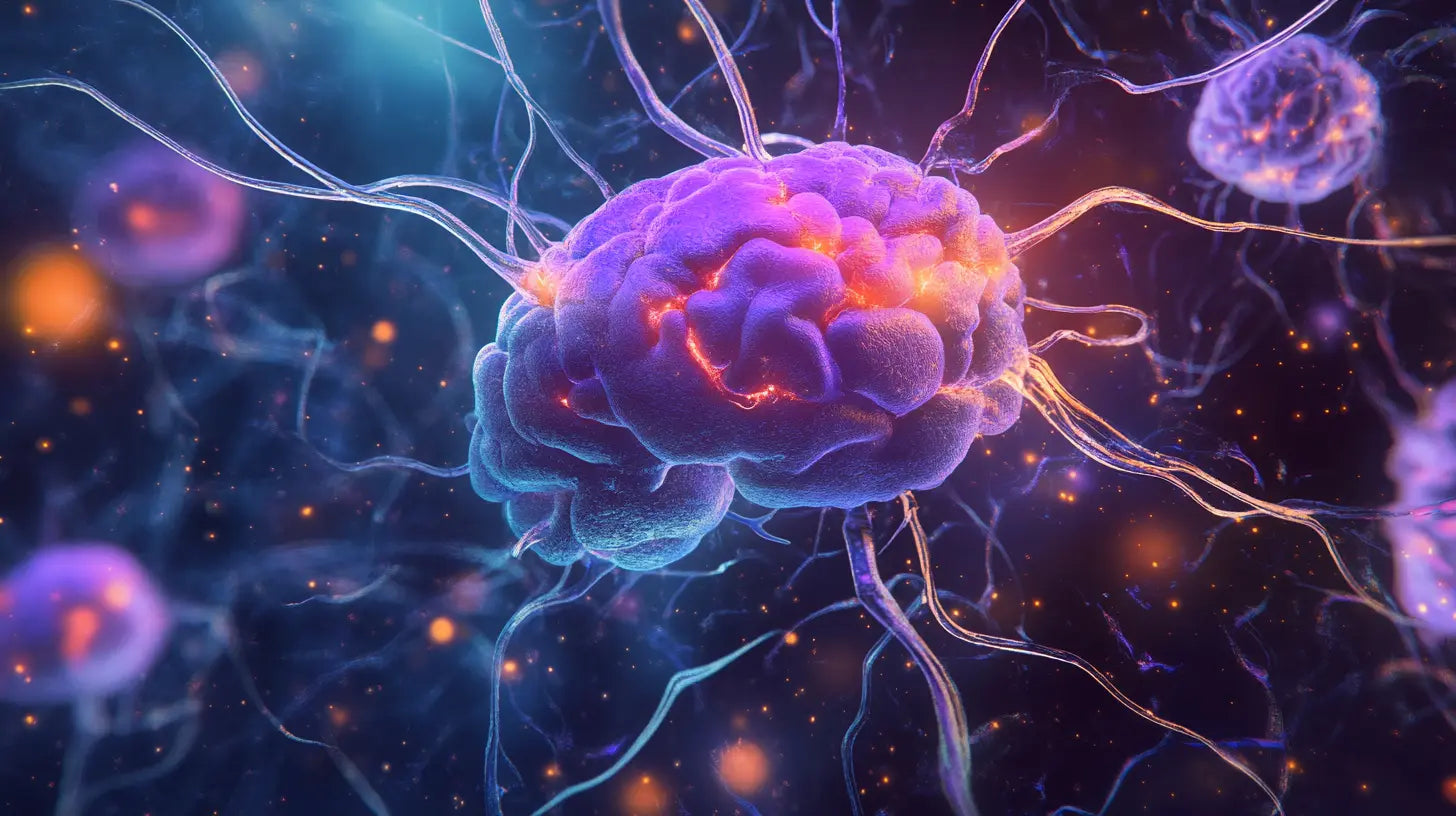
Effective strategies to alleviate anxiety
In today's fast-paced and constantly connected world, it's no surprise that anxiety is a common problem for many individuals. If you're struggling with anxiety, you may feel overwhelmed by the variety of suggestions available for reducing this debilitating condition. This comprehensive guide will provide an overview of practical and evidence-based techniques to reduce anxiety, helping you implement changes in your life to improve your overall wellbeing.
Breathing exercises as a powerful tool against anxiety
Proper breathing can have a significant impact on our emotional state. One effective way to reduce anxiety is through breathing exercises, which alter the balance of oxygen and carbon dioxide in the blood, leading to feelings of relaxation.
Diaphragmatic breathing
The first step in diaphragmatic breathing is to learn how to breathe deeply from your diaphragm rather than shallowly from your chest. To practice this technique, find a comfortable spot, either sitting or lying down, and place one hand on your chest and the other on your abdomen. Breathe in slowly through your nose as you expand your stomach, ensuring the hand on your chest remains relatively still. Exhale slowly through your mouth, allowing your belly to decrease in size. Repeat these steps for several minutes until you feel more relaxed.
Regular exercise for a healthier mind and body
Engaging in regular physical activity is not only beneficial for our bodies but also our minds. Studies have shown that exercise can effectively decrease anxiety levels. When we exercise, our brains release endorphins and serotonin, bringing about a sense of calm.
Finding the right routine
Developing an exercise routine tailored to your preferences and abilities is key to ensuring ongoing participation. Consider exploring various types of physical activities, such as walking, running, swimming, or yoga, to discover what suits you best. Aim for at least 30 minutes of moderate-intensity exercise most days of the week.
Journaling as a way to process emotions
Writing down your thoughts and feelings can help you gain a better understanding of your emotional state, ultimately helping to reduce anxiety. Journaling is an excellent form of self-expression that encourages reflection and introspection.
Tips for starting a journaling habit
- Find a comfortable and quiet place to write
- Choose a preferred method (notebook, computer, mobile device)
- Set aside regular time each day for writing
- Allow yourself to write freely without judging the content or quality
Meditation to cultivate mindfulness and awareness
Meditation is an age-old practice proven effective in managing anxiety. The aim of meditation is to develop present-moment awareness and mindfulness, leading to emotional balance and clarity.
Common meditation techniques
- Mindfulness meditation: focusing attention on the breath while observing thoughts and emotions without judgment.
- Body scan meditation: moving attention throughout the body, acknowledging sensations and tension, and consciously releasing them.
- Loving-kindness meditation: cultivating compassion and kindness towards oneself and others by repeating supportive phrases and well-wishes.
Mantras and positive affirmations to enhance self-esteem
Anxiety often arises from negative thought patterns and beliefs about ourselves. By using mantras and positive affirmations, we can rewire our thinking and replace detrimental thoughts with empowering beliefs.
Creating meaningful mantras
To develop your personalized mantras, consider areas where you experience self-doubt or stress. Construct short, positive statements that counteract these negative beliefs. Repeat these affirmations daily to reinforce them in your mind.
Implementing relaxation techniques to ease tension
Various relaxation techniques can help individuals combat anxiety by releasing mental and physical tension. Some commonly used methods include progressive muscle relaxation, deep breathing exercises, visualization, and listening to calming music.
Maintaining a healthy lifestyle for overall well-being
Anxiety can be exacerbated by factors such as poor sleep, an imbalanced diet, and excessive caffeine intake. By addressing these lifestyle factors, one can significantly reduce anxiety levels and improve overall quality of life.
Getting adequate sleep
Aim to establish a consistent sleep routine, including regular bedtimes and wake-up times. Create a relaxing bedtime environment by limiting screen time and avoiding strenuous activities close to bedtime.
Adopting a balanced diet
Maintaining a nutritious and balanced diet can positively impact mental health. Include a variety of fruits, vegetables, lean protein, and whole grains in your meals, while minimizing processed foods and added sugars.
Limiting caffeine and alcohol
Reduce the amount of caffeine consumed throughout the day and avoid consuming alcoholic beverages, particularly in excess, as they may contribute to heightened anxiety symptoms.
Talking it out: The benefits of therapy and social support
Discussing your feelings with a trained professional, such as a therapist, can often provide helpful insights into managing anxiety. Additionally, confiding in trusted friends and family members can help lessen the burden of anxiety by providing social support and encouragement.
By using a combination of these strategies, you can develop an individualized plan to effectively reduce your anxiety levels and improve your overall quality of life. Remember that patience and persistence are crucial during this journey, as meaningful change takes time and consistency.
0 comments
Disclaimer
The information in this article is for educational and informational purposes only. If this article discusses psychedelics, supplements, or wellness practices, it is not intended to promote, endorse, or encourage illegal activities or unverified health claims.
n0glitch does not sell or distribute psychedelic substances and does not provide medical, legal, or professional advice. Always consult a qualified healthcare provider before making health-related decisions.
Laws regarding psychedelics and supplements vary by country and region. Please research and comply with local regulations.












